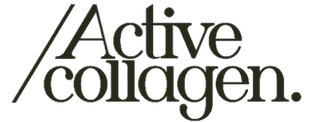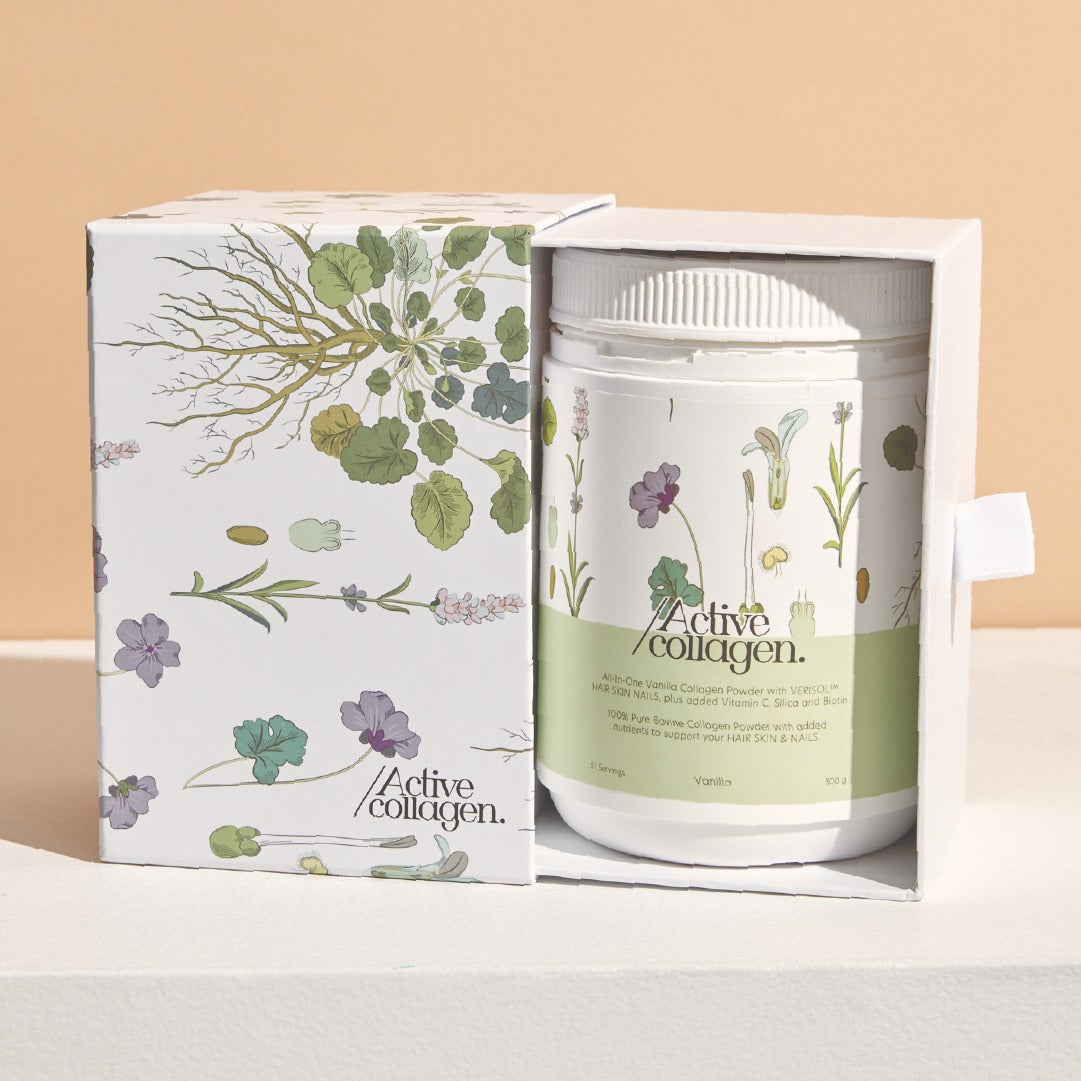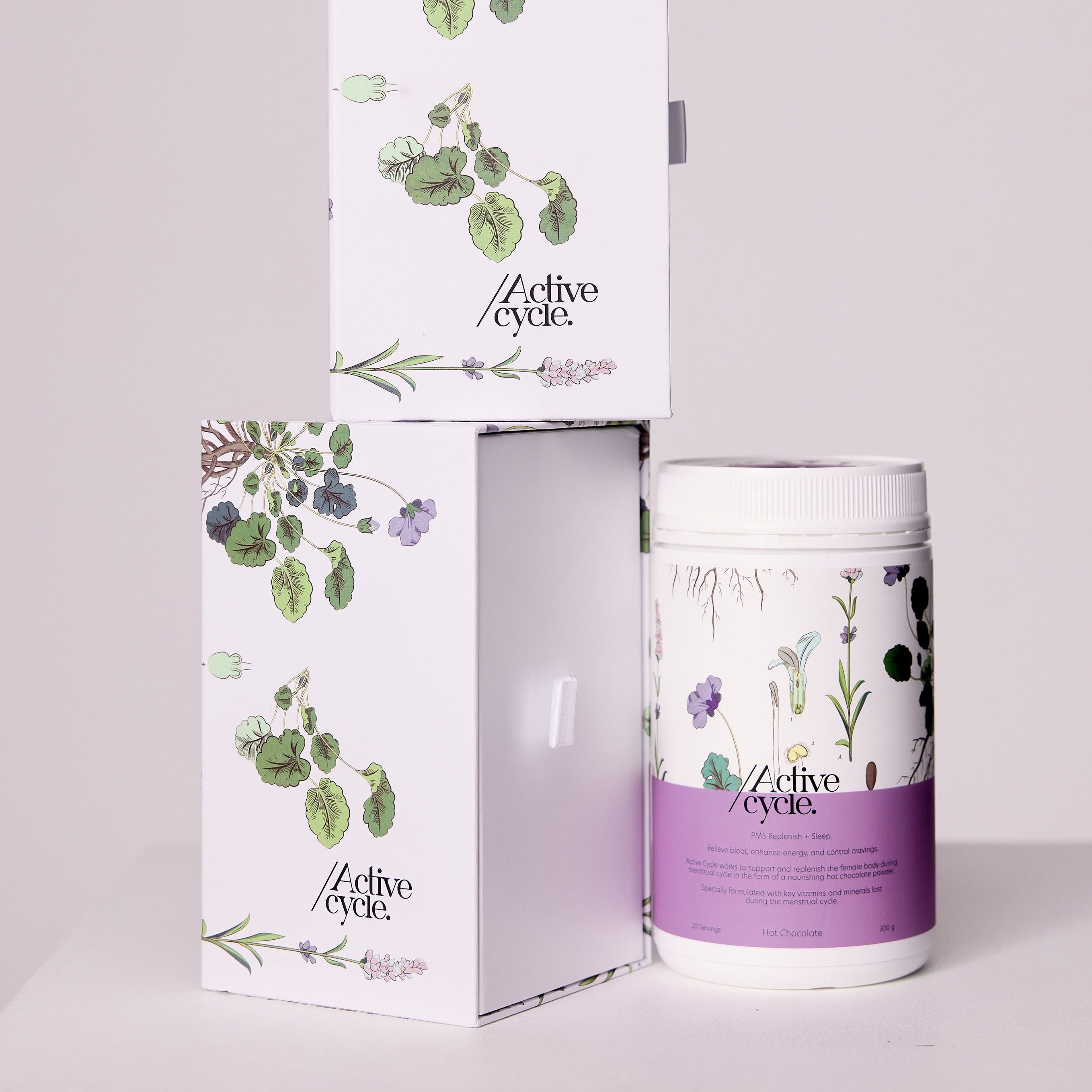Naturally your body produces collagen, an abundant protein that makes up a lot of your body’s tissue structure, integrity, elasticity and strength – think your skin, cartilage, ligaments and bones. The body’s ability to produce collagen, however, decreases as we age which usually starts declining between 25-30. Hence the growing popularity and awareness around collagen supplementation.
Although, it’s not just aging that may increase our need for collagen supplementation. There are also certain times during our life when the demand for collagen production is greater, including pregnancy and postpartum. Just like iron and folate needs are greater during pregnancy, collagen is in higher demand to build your baby’s connective tissue and also to support your own. But the benefits don’t just end there….
Let’s break down all the reasons why collagen supplementation during pregnancy and postpartum is super beneficial for you and your bub!
Skin Elasticity & Joint Health
During pregnancy your body is changing in more ways than one. Your skin and pelvic tissues are stretching to allow for the growth of your abdomen, and there is greater weight bearing onto the joints.
Collagen supplementation is praised for its positive effects on skin health. Its effects are mainly due to its ability in maintaining skin hydration and elasticity levels which are commonly beneficial for reducing the signs of aging – wrinkles, dry skin and decreased fullness. However during pregnancy, these effects are taken into reducing the occurrence of stretch marks – often arising on the abdomen, thighs and breasts – and may even decrease the risk of perineal tear during delivery.
Although it’s not all about cosmetic beauty. Collagen supplementation is also utilised for supporting joint health. In fact, after skin health, taking collagen for joint health is highly utilised. As pregnancy joint pain is usually related to increased weight bearing onto the joints, collagen can be beneficial for replenishing cartilage tissue that is impacted within the joint. This can also be termed as ‘chondroprotective’ effects, meaning that the bioactive protein peptides provided by hydrolysed collagen supplements – like Active Collagen – protect the joint cartilage from becoming too worn which can start to impact the bone.
Increased Protein Needs
Protein forms a great nutritional part in any healthy diet. Though during pregnancy, daily protein needs are higher to support the rapid growth and development of a baby. This increase in protein during pregnancy is generally recommended as 1.1g of protein per kg per day as opposed to 0.8g on any normal day.
Unlike refined carbohydrates, protein is more satiating. So, it can be more difficult to hit your daily protein targets if you’re feeling too full. This is where collagen comes in. Hydrolysed collagen powders can be easily added to foods such as pancakes, smoothies, yoghurt and hot drinks to give you a big boost of protein without even really realising it. Plus, a serving of meat, fish or tofu may not be all that enticing at every stage throughout your pregnancy, but collagen makes for a convenient and nourishing protein alternative.
Adequate protein intakes during postpartum are also super important. During this stage the body is lactating which requires sufficient protein to produce caseins, whey proteins and mucins that make up human milk proteins. These proteins provide numerous amino acids essential for your newborn’s health and development.
Wound Healing
Collagen proteins are the backbone of wound healing, or commonly referred to as the glue that holds everything together. Quite literally though, if collagen production is suboptimal then wound healing can become impaired prolonging the healing process.
For a wound to close collagen is first synthesized and then deposited at the site. However, the actual wound healing process continues for months after the wound closes. During this time collagen continues being replaced and remodelled to increase tissue strength and integrity.
Though, wound healing and collagen production also require additional nutrients for optimal performance. We’re talking about you vitamin C! Vitamin C is necessary for the role it plays in tissue regeneration through collagen formation. It is a cofactor for enzymes responsible in promoting the folding and stability of collagen structure.
So, how can this help postpartum? If you have delivered through vaginal birth you may have experienced a perineal tear, which affects around 75% of women. Supporting the proper repair of a perineal tear will prevent short- and long-term complications. Taking a collagen supplement throughout your pregnancy and postpartum journey may just be the support your body needs in order to improve the healing response of the vaginal tissue.
Postpartum Hair Loss
Postpartum hair loss is a common occurrence in new mothers that arises due to the demands and stress a woman’s body experiences during pregnancy. Although it generally corrects itself within a short period, there are ways to accelerate the growth of new hair and even prevent the amount of hair lost during this time.
Hair is largely made of protein molecules, the smaller amino acids. The amino acids with most significance in hair are cysteine, which makes up 10-17% of the keratin protein in hair, and l-lysine, an abundant component of the hair root. While cysteine is responsible for the actual hair strand health, l-lysine is responsible for keeping the hair strongly within our skin. To easily boost your intakes of cysteine and l-lysine during pregnancy and postpartum, incorporating collagen into your daily diet can help regenerate and support hair growth.
Not only does Active Collagen provide a bioactive formula of hydrolysed collagen that contains 18 different amino acids per serve, but it also contains added Vitamin C which is beneficial for healthy collagen production. Collagen is safe to take during pregnancy and breastfeeding, and will provide new mammas with all the nourishing amino acids they need at every stage.
Wollina, U., & Goldman, A. (2017). Management of stretch marks (with a focus on striae rubrae). Journal of cutaneous and aesthetic surgery, 10(3), 124–129. https://doi.org/10.4103/JCAS.JCAS_118_17
Al-Atif H. (2022). Collagen Supplements for Aging and Wrinkles: A Paradigm Shift in the Fields of Dermatology and Cosmetics. Dermatology practical & conceptual, 12(1), e2022018. https://doi.org/10.5826/dpc.1201a18
Clark, K. L., Sebastianelli, W., Flechsenhar, K. R., Aukermann, D. F., Meza, F., Millard, R. L., Deitch, J. R., Sherbondy, P. S., & Albert, A. (2008). 24-Week study on the use of collagen hydrolysate as a dietary supplement in athletes with activity-related joint pain. Current medical research and opinion, 24(5), 1485–1496. https://doi.org/10.1185/030079908x291967
Martínez-Puig, D., Costa-Larrión, E., Rubio-Rodríguez, N., & Gálvez-Martín, P. (2023). Collagen Supplementation for Joint Health: The Link between Composition and Scientific Knowledge. Nutrients, 15(6), 1332. https://doi.org/10.3390/nu15061332
Kominiarek, M. A., & Rajan, P. (2016). Nutrition Recommendations in Pregnancy and Lactation. The Medical clinics of North America, 100(6), 1199–1215. https://doi.org/10.1016/j.mcna.2016.06.004
Donovan S. M. (2019). Human Milk Proteins: Composition and Physiological Significance. Nestle Nutrition Institute workshop series, 90, 93–101. https://doi.org/10.1159/000490298
Mathew-Steiner, S. S., Roy, S., & Sen, C. K. (2021). Collagen in Wound Healing. Bioengineering (Basel, Switzerland), 8(5), 63. https://doi.org/10.3390/bioengineering8050063
Alperin, M., Feola, A., Meyn, L., Duerr, R., Abramowitch, S., & Moalli, P. (2010). Collagen scaffold: a treatment for simulated maternal birth injury in the rat model. American journal of obstetrics and gynecology, 202(6), 589.e1–589.e5898. https://doi.org/10.1016/j.ajog.2010.04.003
DePhillipo, N. N., Aman, Z. S., Kennedy, M. I., Begley, J. P., Moatshe, G., & LaPrade, R. F. (2018). Efficacy of Vitamin C Supplementation on Collagen Synthesis and Oxidative Stress After Musculoskeletal Injuries: A Systematic Review. Orthopaedic journal of sports medicine, 6(10), 2325967118804544. https://doi.org/10.1177/2325967118804544
Bechara, N., Flood, V. M., & Gunton, J. E. (2022). A Systematic Review on the Role of Vitamin C in Tissue Healing. Antioxidants (Basel, Switzerland), 11(8), 1605. https://doi.org/10.3390/antiox11081605
Gizlenti, S., & Ekmekci, T. R. (2014). The changes in the hair cycle during gestation and the post-partum period. Journal of the European Academy of Dermatology and Venereology : JEADV, 28(7), 878–881. https://doi.org/10.1111/jdv.12188
Piérard-Franchimont, C., & Piérard, G. E. (2013). Alterations in hair follicle dynamics in women. BioMed research international, 2013, 957432. https://doi.org/10.1155/2013/957432




